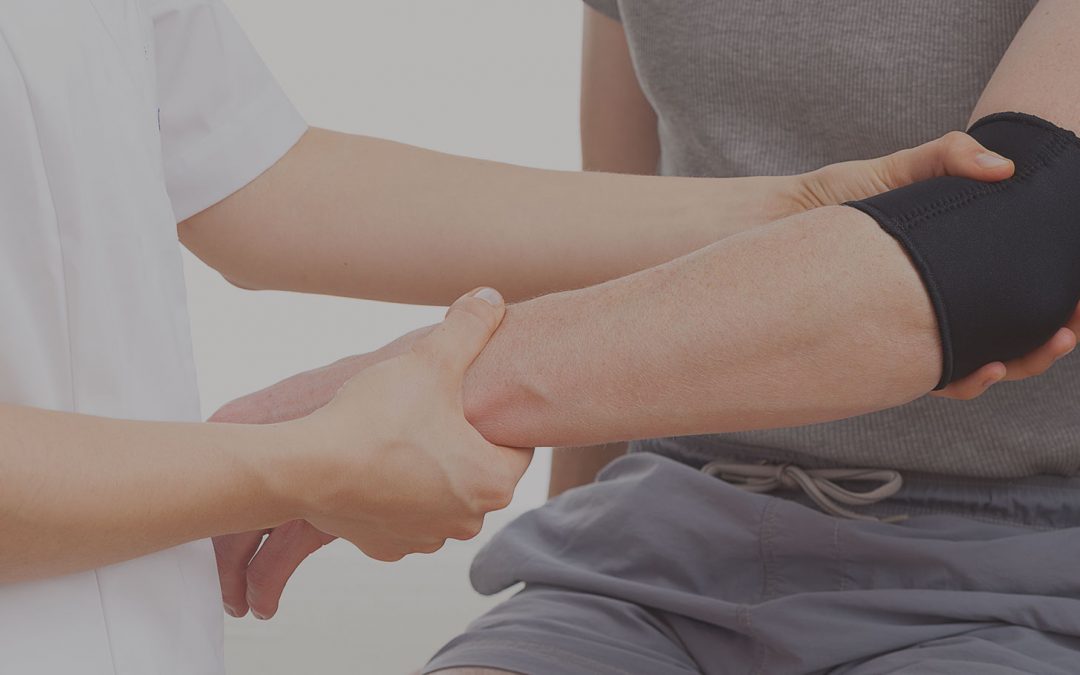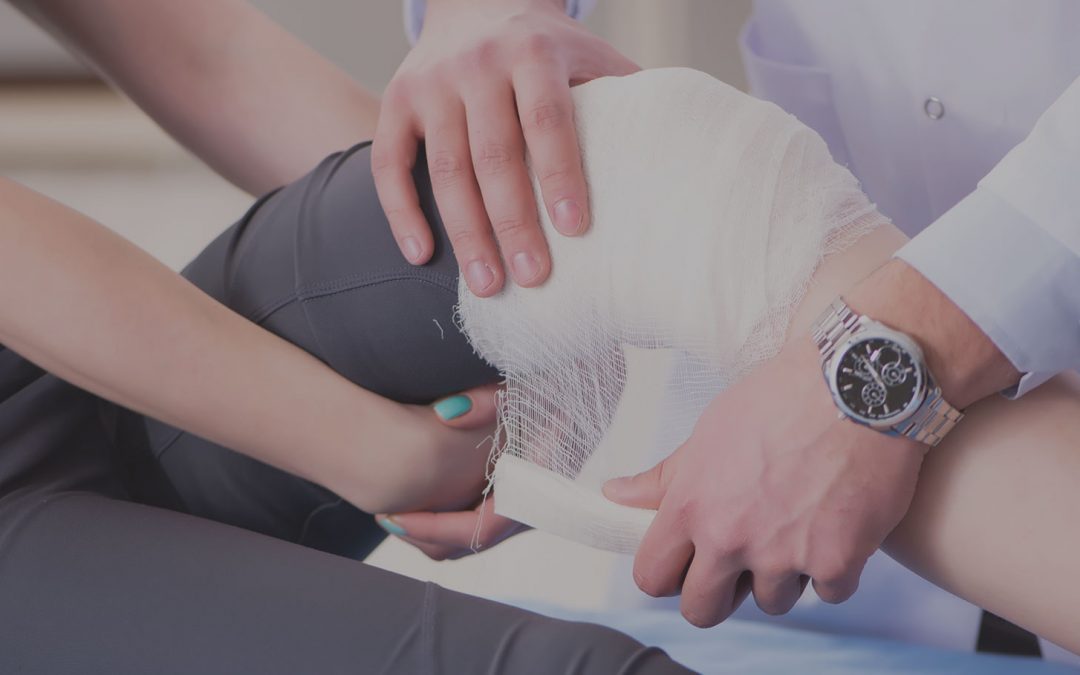Welcome To Our Blog

Bone Focus: Osteoporosis 101 Q&A
Purpose of Our Bones: Our bones support us and allow us to move. They protect our brain, heart, and other organs from injury. Our bones also store minerals such as calcium and phosphorous, which help keep our bones strong, and release them into the body when we need them for other uses. Our bones are alive. Every day, our body breaks down old bone and puts new bone in its place. What is Osteoporosis? There are many kinds of bone diseases. The most common one is osteoporosis (AH-stee-oh-por-OH-sis). The World Health Organization definition is “a disease characterized by low...

Dr. Myers’ Journey to Orthopedic Surgery
Why did you want to become an Orthopedic Surgeon? I initially became interested in orthopedics through my involvement in playing various sports and athletic activities, and by sustaining and recovering from some of my own orthopedic injuries. I always wanted to pursue a career where I could help people and serve my local community, and I have always been fascinated with the human body and the musculoskeletal system. The entire mechanical design of our bodies is logical and practical, a system of levers and pulleys that can produce movements varying from finely detailed to...

What is a Physical Medicine & Rehabilitation Specialist?
Physical Medicine and Rehabilitation (PM&R) physicians, also known as physiatrists, treat a wide variety of disabling medical conditions non-surgically. Most orthopedist are surgeons. If an individual has a condition requiring surgery, then they should consult with an orthopedist.

Lymphatic Drainage as a Treatment to Reduce Post-Operative Swelling
It is normal to have a moderate amount of swelling after surgery. However, techniques such as elevation, compression, and the right balance of motion can reduce painful swelling. Over the course of the following year, the swelling will decrease but can be present for a minimum of 6 months. This is due to the 4 phases of healing that spans from day 1 after surgery up to 1-2 years. How do you know if the swelling you have is a normal amount or excessive and limiting your ability to receive benefit from Physical Therapy? The following are signs and symptoms of excess swelling:...

Injury Prevention in Young Athletes
As youth participation in sports continues to increase, so has the number of sports-related injuries. The obligation of injury prevention is the responsibility of the parents and the coaches. If the proper caution is taken, a significant number of injuries can be prevented each season. However, if injuries do occur, it is important to seek medical attention from a physician that specializes in sports medicine and never allows a young athlete to “work through the pain”. If left untreated, injuries can cause permanent damage and may interfere with proper physical growth. Young...

